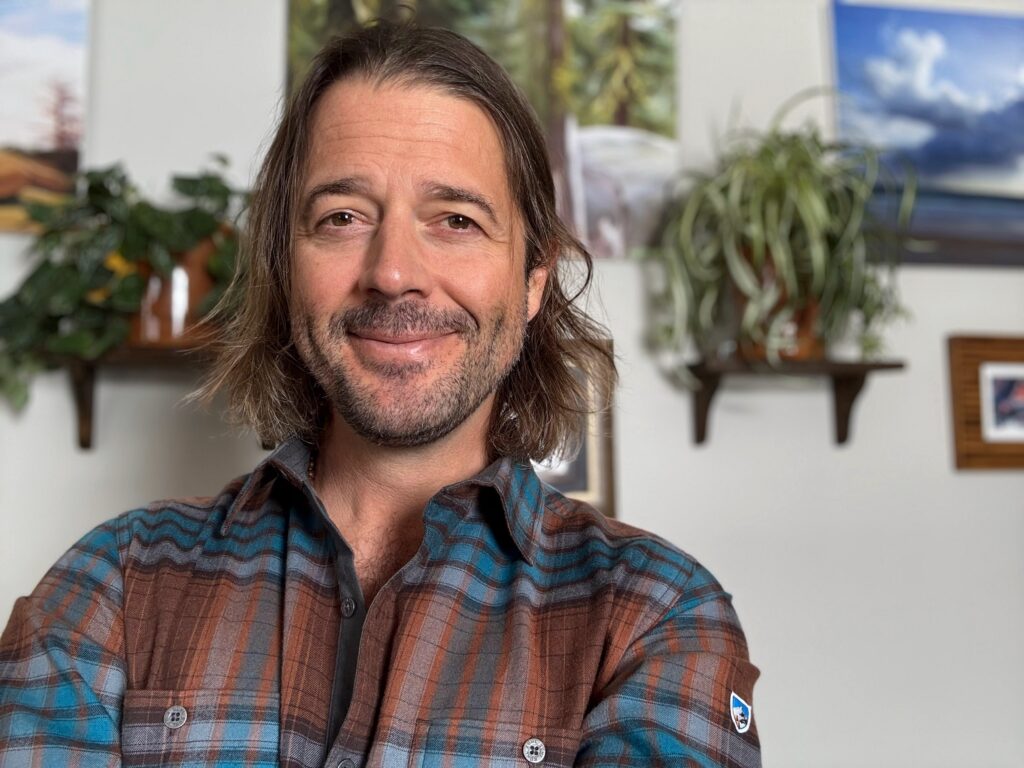Thoughts from a Therapist: A Home for Depth-Oriented Psychology, Mindful Insight, and Practical Growth
At Thoughts from a Therapist, we explore the intersection of emotional intelligence, psychological theory, and human experience. This space serves as a resource for clinicians, seekers, and reflective minds drawn to insights that are both practical and profound.
Each post is grounded in lived experience, trauma-informed practice, and a dialectical approach to personal and collective growth. Below is an index of the therapeutic frameworks we regularly explore—each defined succinctly and linked to in-depth discussions.
At Thoughts from a Therapist, we delve into various psychotherapy theories, offering insights grounded in both professional practice and personal reflection. Below is an index of therapeutic frameworks we explore, each accompanied by a succinct definition and a link to a related blog post for deeper exploration:
Emotional and Social Intelligence
Explores the foundations of empathy, attunement, and interpersonal skillfulness as core components of psychological growth.
→ The Building Blocks of Emotional and Social Intelligence
Relational Therapy
Focuses on the therapeutic relationship as a vehicle for transformation, emphasizing mutuality, authenticity, and emotional presence.
→ Interventions in Relational Counseling
Attachment Theory
Explores how early relational experiences shape emotional bonds and self-regulation in adulthood.
→ When Attachment Theory and Existentialism Compete
Polyvagal Theory
Explores how the autonomic nervous system influences emotional regulation and social connection.
→ Solutions and Causes of Anxiety
Internal Family Systems (IFS)
Identifies and harmonizes sub-personalities or “parts” within the individual to achieve internal balance.
→ Selfishness is also Selfless
Somatic Experiencing
Focuses on bodily sensations to process and heal trauma.
→ Solutions and Causes of Anxiety
Cognitive Behavioral Therapy (CBT)
Addresses the interplay between thoughts, emotions, and behaviors to modify patterns that contribute to distress.
→ The Thoughts, Emotions, And Behaviors Triangle
Dialectical Behavior Therapy (DBT)
Combines acceptance and change strategies to enhance emotional regulation and interpersonal effectiveness.
→ Harmful Interaction Patterns – which do you do and what can help?
Narrative Therapy
Focuses on the stories we tell about ourselves and how reframing those narratives can foster agency and meaning.
→ Narrative Therapy Summary
Psychodynamic Therapy
Explores unconscious processes and past experiences to understand current behavior.
→ Pathologizing, Labels, Dichotomies, Existentialism And Acceptance
Existential Psychotherapy
Engages with core human concerns such as freedom, mortality, responsibility, and authenticity.
→ Pathologizing, Labels, Dichotomies, Existentialism And Acceptance
Emotionally Focused Therapy (EFT)
Centers on the importance of emotional bonds and attachment in relationships, aiming to create secure connections.
→ Attachment – Why We Say and Emote One Way When We Truly Feel and Think a Different Way
Compassion-Focused Therapy
Encourages self-kindness and addresses shame and self-criticism to promote mental well-being.
→ Compassionately Assertive – Maintaining Boundaries without Violating Others
Mindfulness-Based Stress Reduction (MBSR)
Utilizes mindfulness meditation to reduce stress and enhance well-being.
→ The Evolution of CBT = Mindfulness
Acceptance and Commitment Therapy (ACT)
Encourages accepting thoughts and feelings rather than fighting them, and committing to actions aligned with personal values.
→ Acceptance and Commitment Therapy
Sensorimotor Psychotherapy
Integrates body-centered interventions into psychotherapy to address trauma and attachment issues.
→ Attunement Exercise
Transpersonal Psychology
Examines the spiritual dimensions of human experience and the journey toward self-transcendence.
→ The Observer Self and the Analyst
Interpersonal Neurobiology (IPNB)
Examines how relationships and the brain interact to shape our experiences.
→ Attunement Exercise
Humanistic Therapy
Emphasizes personal growth and self-actualization, focusing on the individual’s inherent potential.
→ Rogerian (or Person Centered) Therapy Summary
Solution-Focused Therapy
Concentrates on finding solutions in the present time and exploring hope for the future.
→ Solution Focused Therapy Simplified
Buddhist Psychology
Draws from contemplative traditions to integrate mindfulness, compassion, and non-attachment into therapeutic awareness.
→ The Evolution of CBT = Mindfulness
PACT (Psychobiological Approach to Couple Therapy)
Integrates attachment theory, neurobiology, and arousal regulation to help partners build secure-functioning relationships.
→ Attachment – Why We Say and Emote One Way When We Truly Feel and Think a Different Way
Gottman Approach
Focuses on enhancing intimacy, managing conflict, and strengthening friendship in relationships through research-backed methods.
→ Interventions in Relational Counseling
Parts Work
Engages with internal sub-personalities or emotional roles to foster self-leadership and integration.
→ Selfishness is also Selfless
Trauma-Informed Practice
Prioritizes emotional safety, autonomy, and trustworthiness in therapeutic engagement, particularly for survivors of trauma.
→ Solutions and Causes of Anxiety
Executive Coaching
Blends psychological insight with leadership development, helping individuals align professional performance with personal integrity.
→ The Dialectic of Courage
Psychoeducation
Supports client understanding by translating psychological concepts into accessible tools for self-awareness and change.
→ The Thoughts, Emotions, And Behaviors Triangle
These models are presented as avenues for exploration—perspectives that expand our understanding of the human experience. Some discussions are theoretical, while others are more applied, collectively contributing to a deeper comprehension of personal growth and healing.













